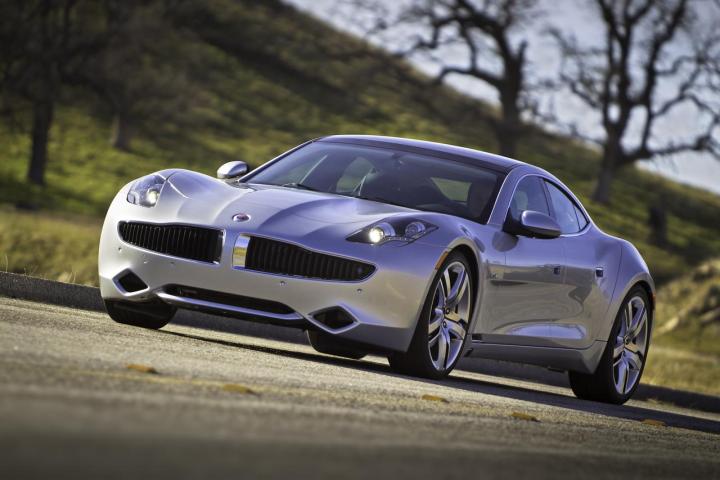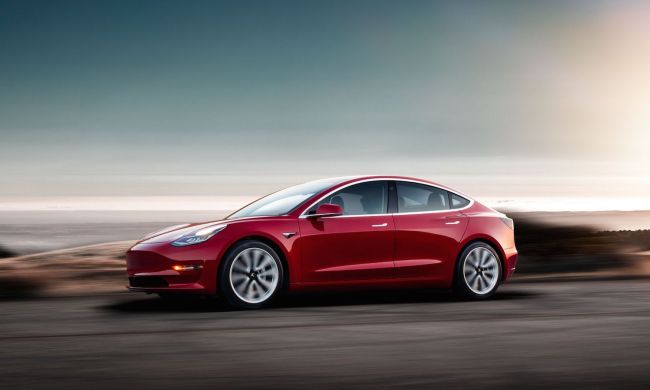
Fisker Automotive will be renamed Elux, according to a new report from Reuters. The relaunch of its sole product – which will be called the Elux Karma – has reportedly been pushed back to mid-2016.
Fisker is named after co-founder and automotive designer Henrik Fisker, who has since moved on from the company.
He left after a disagreement with other managers before the company’s 2012 bankruptcy, and most recently teamed with Galpin Auto Sports on the Ford Mustang-based Rocket muscle car.
Name change aside, Wanxiang will reportedly retain most of Fisker’s original design. It previously said it wanted to keep changes to a minimum, which would make re-certifying the car for sale easier.
Wanxiang acquired the remains of Fisker in a bankruptcy auction last year, and had hoped to restart Karma production this year. That may have been an overly ambitious goal.
Fisker briefly looked like a potential rival for Tesla Motors, but the Karma had numerous quality-related issues when it was in production the first time.
Production was contracted to Valmet Automotive in Finland, but Wanxiang will reportedly build the car somewhere else.
The company formerly known as Fisker purchased a former General Motors plant in Delaware, and it utilization was one of the factors in Wanxiang’s successful bid for the company.
Wanxiang will also reportedly raise the price to $135,000, about 20 percent more than the sticker price of a Karma back in 2012.
Restarting production may be difficult, but it will only get harder the longer Wanxiang waits.
As the Karma design ages, it will require more significant updates to keep pace with the competition.


